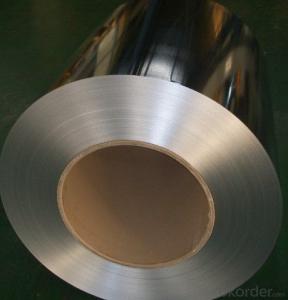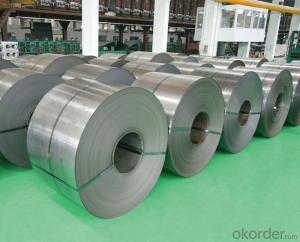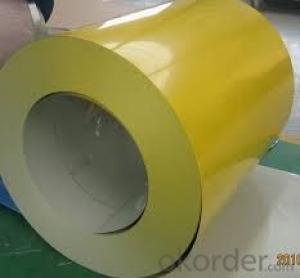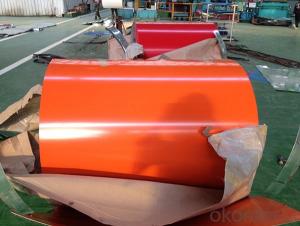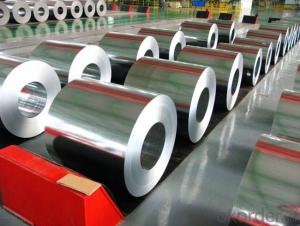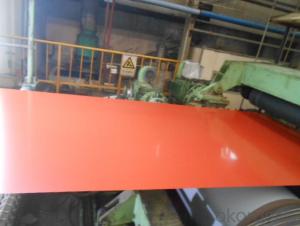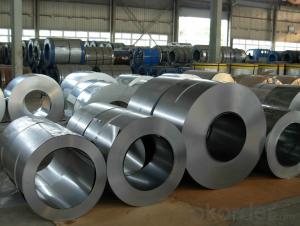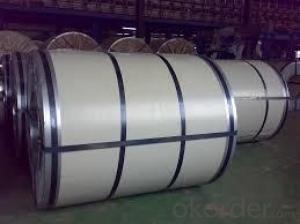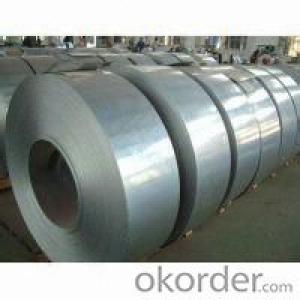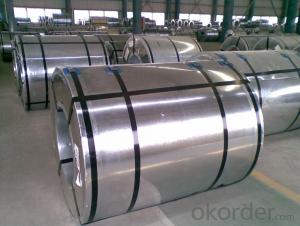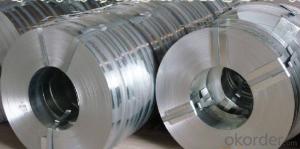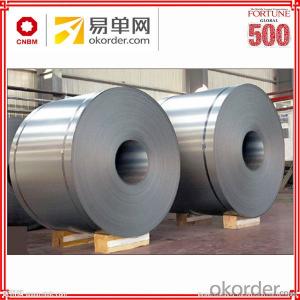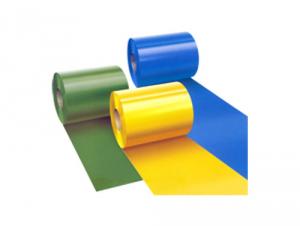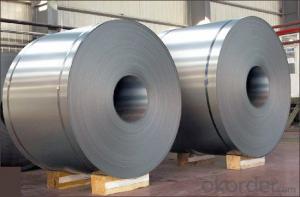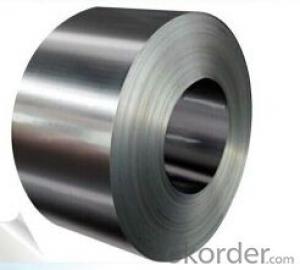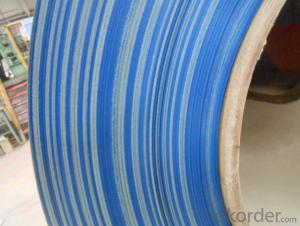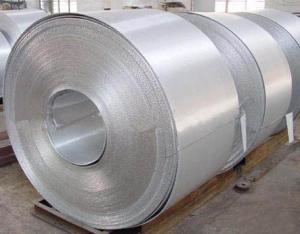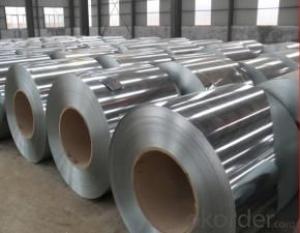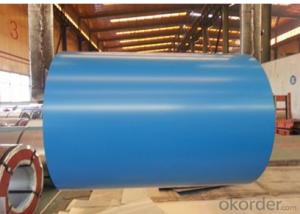All Categories
- - Steel Wire Rod
- - Steel Coils
- - Steel Profiles
- - Steel Pipes
- - Stainless Steel
- - Tinplate
- - Special Steel
- - Steel Sheets
- - Steel Rebars
- - Steel Strips
- - Hot Rolled Steel
- - Cold Rolled Steel
- - Pre-painted Steel
- - Seamless Steel Pipe
- - Welded Steel Pipe
- - Hollow Steel Tubes
- - Galvanized Pipe
- - Stainless Steel Coil
- - Stainless Steel Sheet
- - Stainless Steel Plate
- - Stainless Steel Strips
- - Electrolytic Tinplate Coil
- - Electrolytic Tinplate Sheet
- - Stainless Steel Rebars
- - Solar Panels
- - Solar Water Heater
- - Solar Related Products
- - Solar Inverter
- - Solar Cells
- - Solar Light
- - Solar Energy Systems
- - Solar Controllers
- - Solar Mounting System
- - Solar Pump
- - Solar Chargers
- - Fiberglass Chopped Strand
- - Fiberglass Mesh Cloth
- - Composite Pipes
- - FRP Pultrusion Profiles
- - Fiberglass Mat Tissue
- - Fiberglass Fabrics
- - Fiberglass Mesh
- - Composite Tank
- - Fiberglass Mesh tape
- - Polymer
- - FRP Roofing Panel
- - Fiberglass Roving
- - Monolithic Refractories
- - Ceramic Fiber Products
- - Refractory Bricks
- - Raw Materials For Refractory
- - Suspended Platform
- - Cranes
- - Concrete Machinery
- - Earthmoving Machinery
- - Building Hoist
- - Road Building Machinery
- - Plastic Pipe Fittings
- - Plastic Tubes
- - Plastic Sheets
- - Agricultural Plastic Products
- - Plastic Nets
 All Categories
All Categories
Q & A
What are the different surface cleaning methods for stainless steel coils?
There are several surface cleaning methods for stainless steel coils, including mechanical cleaning, chemical cleaning, and steam cleaning. Mechanical cleaning involves using abrasives such as brushes, scrub pads, or sandpaper to remove dirt and stains. Chemical cleaning involves using specific cleaning agents or solvents to dissolve and remove contaminants from the surface of the coils. Steam cleaning utilizes high-temperature steam to loosen and remove dirt and grime. Each method has its own advantages and suitability depending on the specific cleaning needs and condition of the stainless steel coils.
What is the minimum operating temperature for stainless steel coil?
The minimum operating temperature for stainless steel coil typically depends on the specific grade of stainless steel being used. However, in general, stainless steel coils can typically withstand temperatures as low as -100°C (-148°F) without significant issues.
How do stainless steel coils withstand extreme weather conditions?
Stainless steel coils are able to withstand extreme weather conditions due to their inherent properties. The alloy composition of stainless steel, which includes elements such as chromium, nickel, and molybdenum, provides excellent resistance to corrosion, rust, and oxidation. This makes stainless steel coils highly durable and capable of withstanding harsh weather conditions, including extreme temperatures, high humidity, heavy rain, and exposure to saltwater or chemicals. Additionally, stainless steel's high strength and toughness enable it to resist impacts, deformation, and fatigue, ensuring its stability and performance even in challenging weather environments.
What are the different finishes available for stainless steel coil?
There are several different finishes available for stainless steel coil, including brushed, mirror, satin, and textured finishes. Each finish offers a unique appearance and texture, allowing for versatility in design and aesthetic preferences.
How does intergranular attack affect the performance of a stainless steel coil?
Intergranular attack can significantly impact the performance of a stainless steel coil. It occurs when the material is exposed to corrosive environments, leading to the deterioration of grain boundaries. This attack weakens the coil's structural integrity and reduces its ability to withstand stress and pressure. Additionally, intergranular attack can cause localized corrosion and cracking, compromising the coil's overall durability and functionality. Regular inspection and preventative measures are crucial to mitigate the negative effects of intergranular attack and ensure optimal performance of the stainless steel coil.
Wholesale Stainless Steel Coil from supplier in Italy
We invite you to explore our wide range of Stainless Steel Coils and experience the quality and professionalism that sets us apart. Contact us today to discuss your Stainless Steel Coil requirements and let us assist you in finding the perfect solution for your project in Italy.
